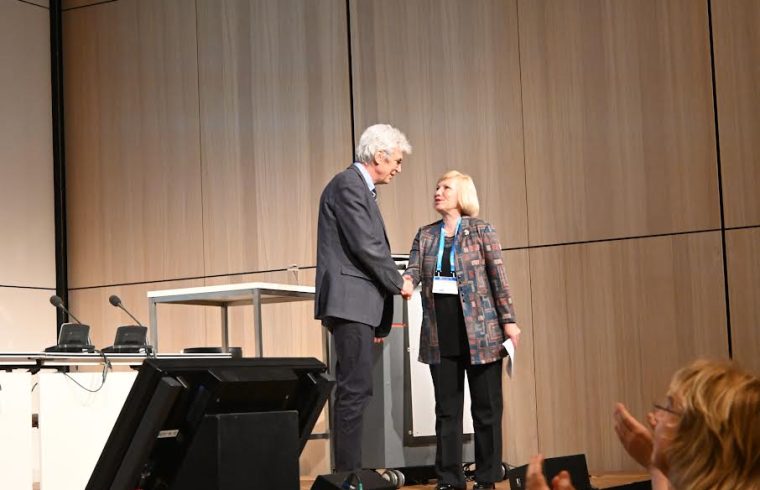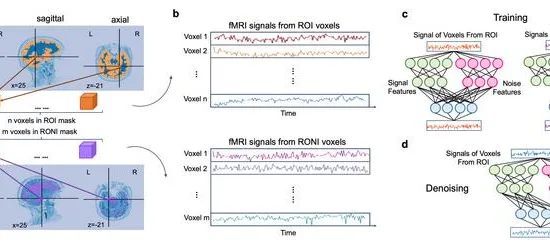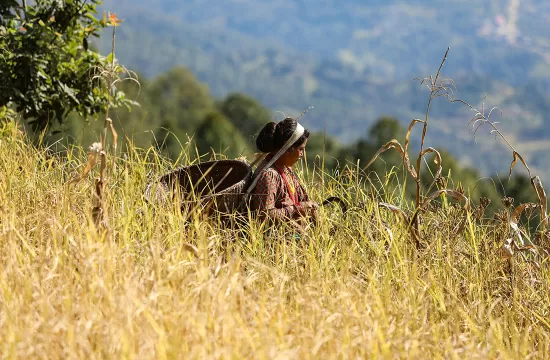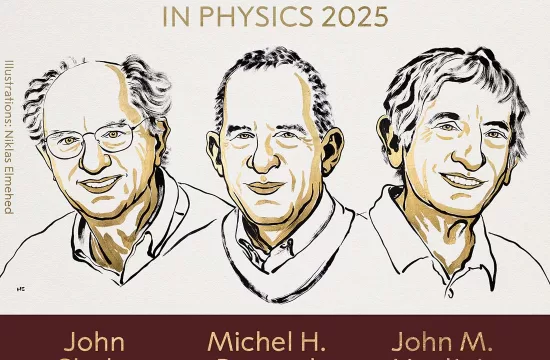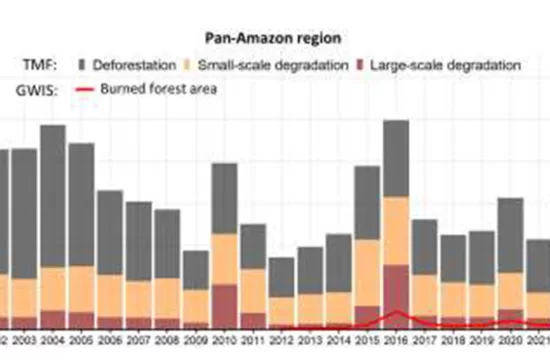|
Getting your Trinity Audio player ready...
|
MUNICH – Professor Harry Vereecken was awarded the Alfred Wegener Medal at this year’s General Assembly of the European Geosciences Union (EGU) in Vienna. At the same time, the organization named the scientist – who is the director at the Institute of Agrosphere at Forschungszentrum Jülich – an honorary member.
The medal is one of the highest honors awarded by the EGU for Vereecken’s pioneering research on hydrological interactions in the boundary layers of soil, plants, and the atmosphere.
Elaborating on the scientific merit of the researcher, the EGU lists several examples: very early on, Vereecken recognized the need to investigate flow processes in the subsurface using geophysical methods.
With his groundbreaking studies, he expanded knowledge of transport processes in heterogeneous soils, both hydrologically and in the transport of contaminants. Using soil moisture, pore pressure, and other variables, he developed inverse modeling approaches for improved knowledge of soil properties. This includes the development of upscaling techniques to link local field measurements with environmental models and satellite observations.
Harry Vereecken is one of the founding fathers of TERENO, a terrestrial observation network unique in Germany, from the North German Plain to the Bavarian Alps. TERENO is operated by five Helmholtz centers, coordinated by the Institute of Agrosphere.
The goal of TERENO is to observe the long-term ecological, social, and economic impacts of global change at the regional scale, quantify them, and predict how we might respond to them. As part of these activities, Vereecken and his team developed wireless sensor technologies to effectively characterize subsurface soil moisture and heterogeneities.
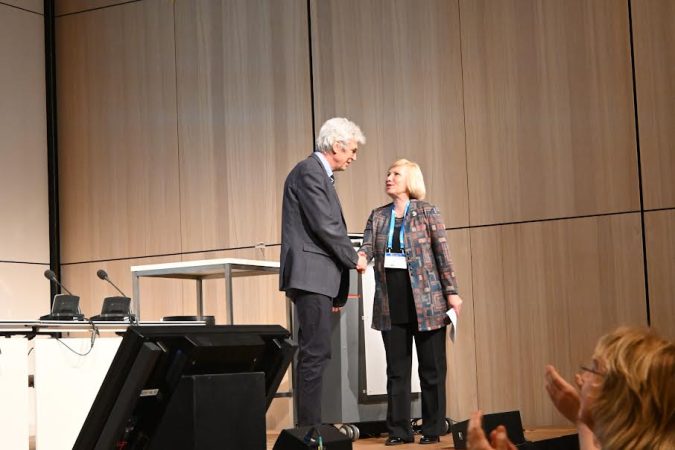
The successful work in TERENO led to the founding concept for the ESFRI (European Strategy Forum on Research Infrastructures) research infrastructure for long-term ecological research, in which the institute is involved. Harry Vereecken established a European network of hydrological observatories within this framework.
He is currently leading an international project to build a global lysimeter network that scientifically links the fields of soil, hydrology, and climate, funded by the GEWEX project (Global Energy and Water Exchanges). In 2016, he and his colleagues founded the International Soil Modeling Consortium (ISMC) with the goal of improving soil process modeling, pooling expertise, and increasing exchange with other Earth system sciences.
Vereecken has headed the Jülich Institute for Agrosphere since 2000. The central goal of research at the Institute is to better understand terrestrial ecosystems and their material flows and thus to be able to predict them more accurately. The mission here is to create the basis for more sustainable use of natural resources like soil, water, and atmosphere.

